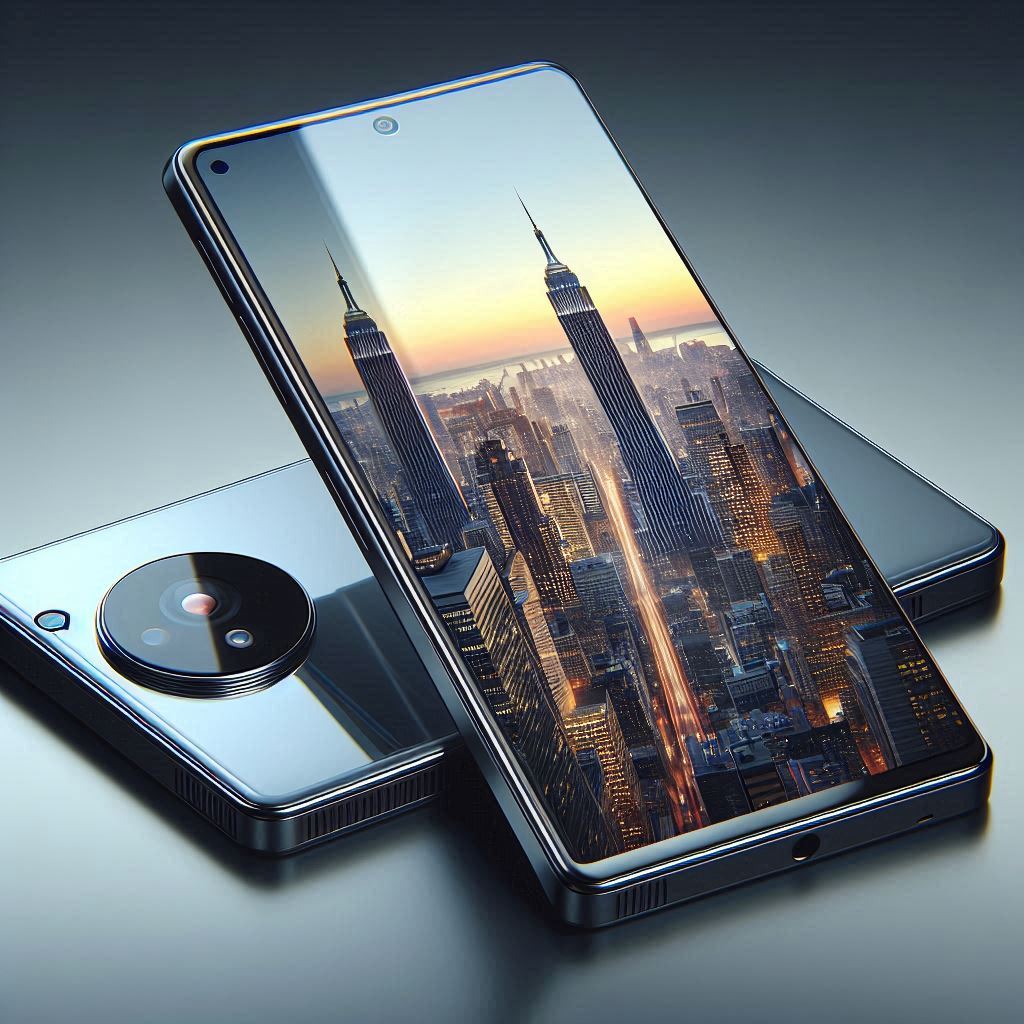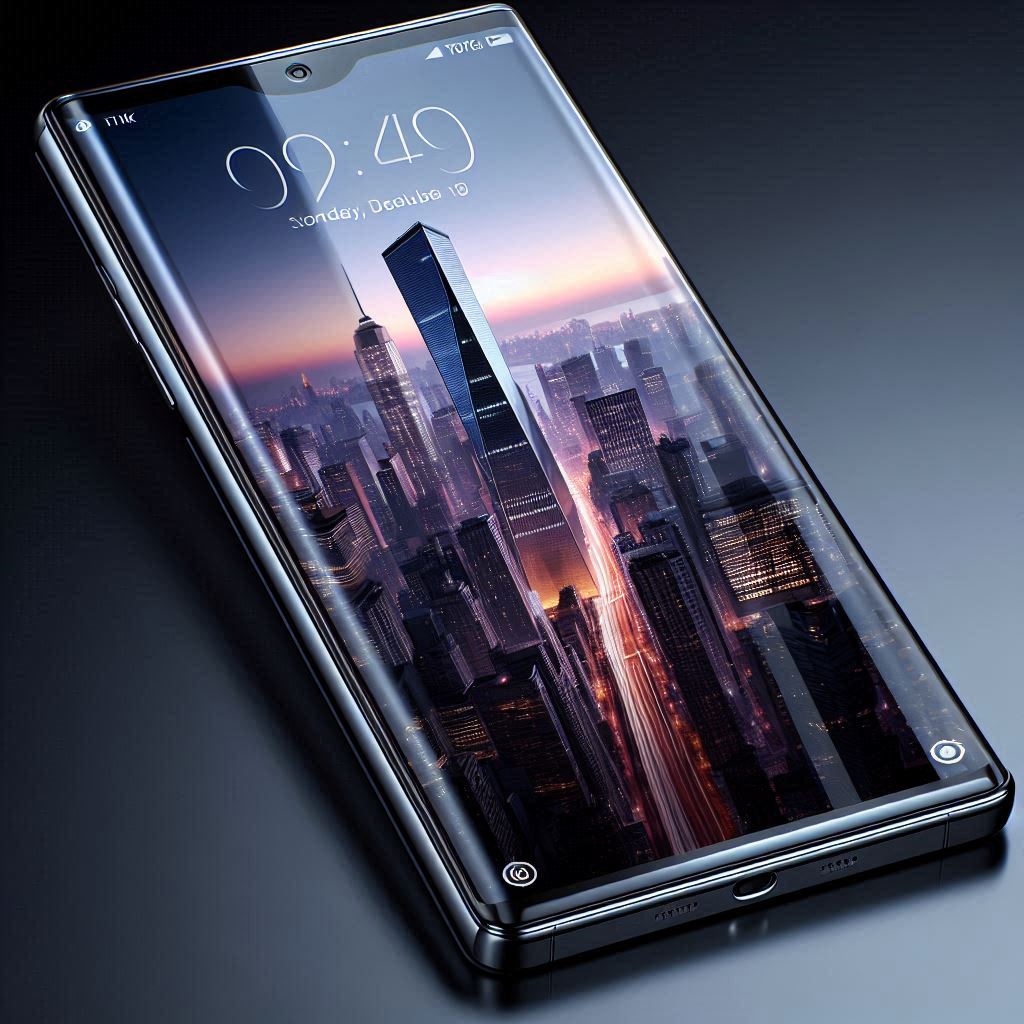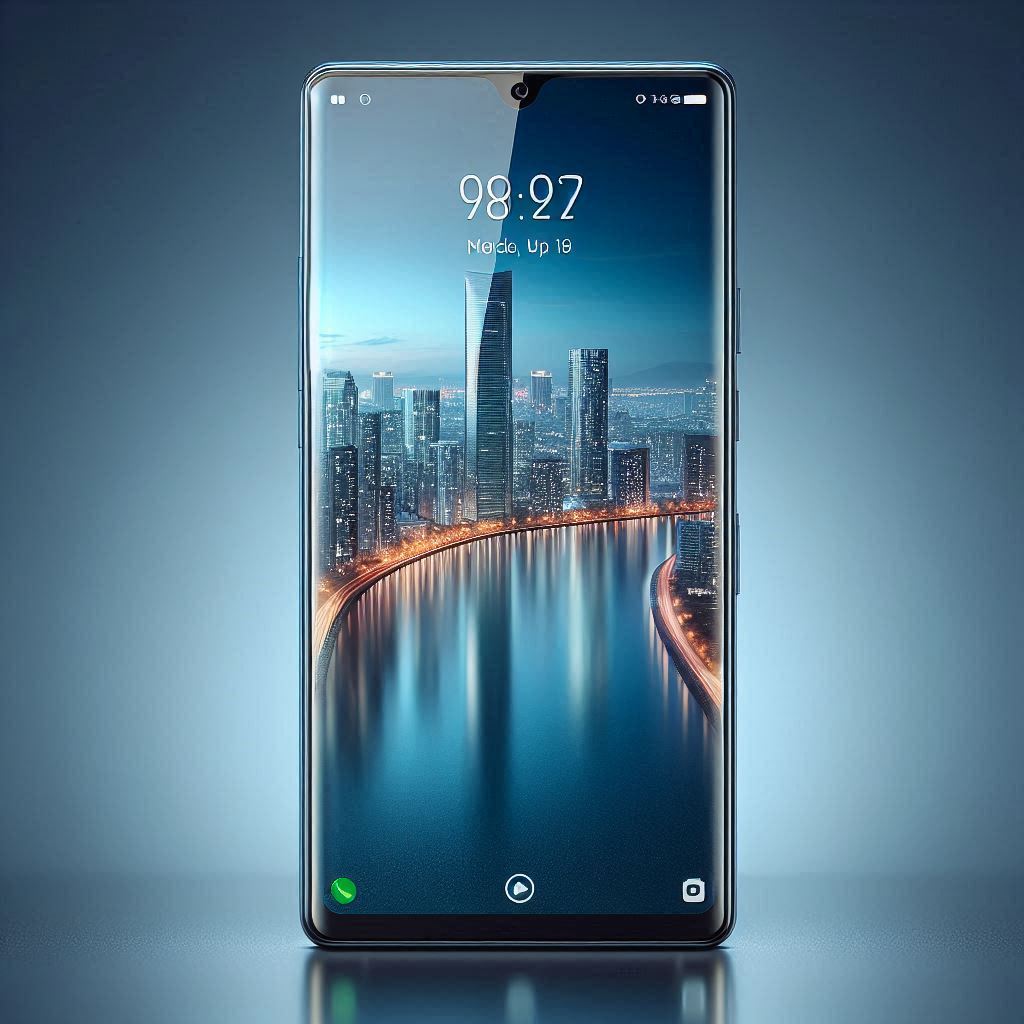Smartphone Revolution: Navigating the Future of Mobile Technology
In the last decade, smartphones have revolutionized the way we live, work, and connect with the world. From humble beginnings as simple communication devices, they’ve evolved into powerful tools that fit in the palm of our hands. As we look ahead, it’s clear that the smartphone industry is entering an exciting new phase, packed with technological advancements that are reshaping how we interact with technology and each other.

In this blog, we’ll explore the current trends in the smartphone market, examine cutting-edge features to watch for, and consider what the future holds for mobile technology.
The Smartphone Evolution: From Communication to Innovation

The journey of smartphones has been nothing short of remarkable. What began as mobile phones with limited functionality has transformed into mini-computers with immense power. Early smartphones primarily focused on calls and basic apps, but today, they are multi-functional devices used for entertainment, shopping, navigation, work, and so much more.
But this revolution isn’t over yet. The next wave of smartphone innovation is on the horizon, and it promises to change the way we interact with the world even further.
Key Trends Shaping the Future of Smartphones
- 5G Connectivity
One of the most significant advancements in smartphone technology is the rollout of 5G networks. 5G offers lightning-fast download speeds, lower latency, and more reliable connections, which will unlock a new level of mobile experiences. From augmented reality (AR) apps to seamless streaming of 4K content, 5G is setting the stage for smarter, faster, and more connected mobile devices.As 5G infrastructure expands globally, more affordable 5G phones will enter the market, making this technology accessible to a broader range of consumers. The full potential of 5G will also drive the development of new applications, such as smart cities, autonomous vehicles, and connected devices in the Internet of Things (IoT) ecosystem. - Foldable & Flexible Displays
Foldable smartphones are here, and they represent the next big leap in mobile design. Brands like Samsung, Motorola, and Huawei are leading the charge with innovative foldable displays that transform phones into tablet-like devices. These phones offer increased screen real estate without sacrificing portability, making them ideal for multitasking, media consumption, and gaming.As flexible OLED technology advances, we can expect to see more durable and affordable foldable phones, pushing the boundaries of design and functionality. In the future, smartphones may become even more compact, lightweight, and adaptable, seamlessly transitioning between various forms to meet the user’s needs. - AI-Powered Personalization
Artificial intelligence (AI) is playing an increasingly important role in enhancing the smartphone experience. AI algorithms are already integrated into various features, such as facial recognition, photography enhancements, and voice assistants like Siri, Google Assistant, and Alexa.The next step is even more personalized experiences. With machine learning, smartphones will become smarter and more intuitive, anticipating user needs and optimizing performance. From tailored app recommendations to adaptive battery management, AI will make phones more efficient, offering a truly customized experience for every user. - Augmented Reality (AR) and Virtual Reality (VR)
AR and VR are making significant strides in the smartphone ecosystem. AR is already being used in apps for gaming (like Pokémon Go), shopping, and home design, where users can visualize products in their environment before purchasing them. With more powerful processors and better cameras, future smartphones will integrate AR and VR more seamlessly into daily life.Apple, Google, and other smartphone manufacturers are investing heavily in AR development, and it’s only a matter of time before these experiences become mainstream. The ability to navigate with AR maps, shop virtually, and even attend events or meetings in immersive VR environments will redefine how we use our phones. - Sustainable & Eco-Friendly Phones
As consumers become more environmentally conscious, sustainability in smartphone manufacturing is gaining momentum. Companies are making efforts to reduce e-waste, use recycled materials, and improve the energy efficiency of their devices. For example, brands like Fairphone and Apple are leading initiatives to create more eco-friendly products, with designs that allow for easier repairs and longer life spans.The future of smartphones could include modular designs, where components like the battery or camera can be upgraded without replacing the entire device. This not only reduces waste but also encourages users to keep their phones longer, promoting a more sustainable tech industry. - Advanced Biometric Security
Security is a growing concern for smartphone users, especially with the rise in mobile payments and personal data being stored on devices. In the future, biometric authentication, such as facial recognition, fingerprint scanning, and even voice recognition, will become more sophisticated.Enhanced biometric systems will offer faster and more secure methods for unlocking phones and authorizing payments. As these technologies advance, we may see entirely new forms of biometric security, such as retinal scans or even DNA-based identification, ensuring that phones are more secure than ever before.
The Future of Smartphones: What’s Next?

As smartphone technology continues to evolve, the possibilities are limitless. Here are some bold predictions for the future:
- Holographic Displays
Imagine a smartphone that projects holographic images or videos in 3D, without the need for glasses or other devices. Holographic displays could revolutionize everything from video calls to gaming, offering an immersive experience like never before. - All-Day Battery Life
While battery life has improved significantly in recent years, it’s still one of the biggest pain points for users. Future smartphones could feature batteries with all-day or even multi-day life thanks to advancements in energy-efficient processors and new battery technologies such as graphene or solid-state batteries. - Complete Integration with Wearables
As wearable tech becomes more advanced, smartphones will serve as the hub for a growing ecosystem of connected devices. From smart glasses to health-tracking wearables, your phone could act as the control center for an entire network of gadgets designed to enhance every aspect of your life. - Quantum Computing in Phones
While it may seem far off, the development of quantum computing could eventually trickle down to smartphones. Quantum-powered mobile devices would have exponentially greater processing power, enabling instant computations that would revolutionize everything from AI to encryption.
Conclusion: The Smartphone Revolution Continues
Smartphones have already transformed the way we live, but the revolution is far from over. With advancements like 5G, AI, foldable designs, and AR integration, the next generation of smartphones will offer unprecedented capabilities and experiences. As technology evolves, these devices will become more personalized, more powerful, and more essential to our everyday lives.
In this ever-changing landscape, staying up-to-date with the latest trends and innovations is crucial. The future of mobile technology promises to bring exciting changes that will continue to redefine what we expect from our smartphones. Stay tuned – the smartphone revolution has only just begun.

